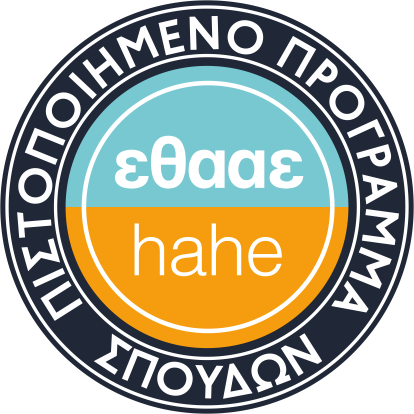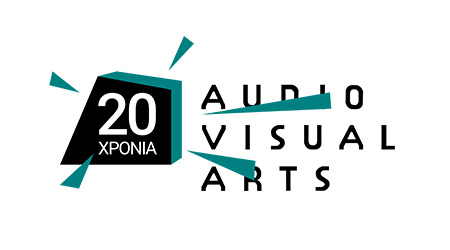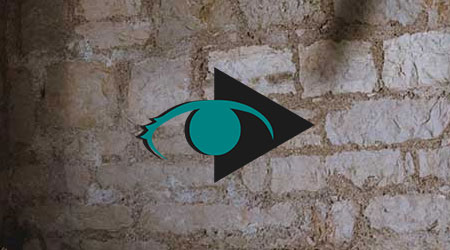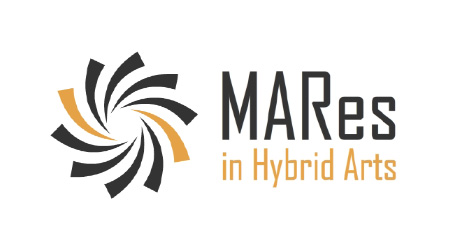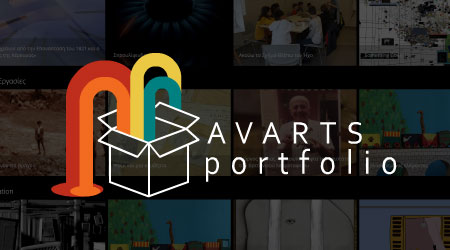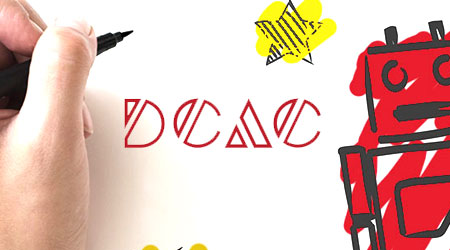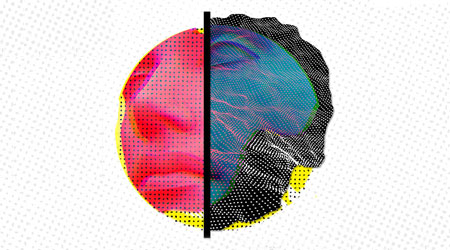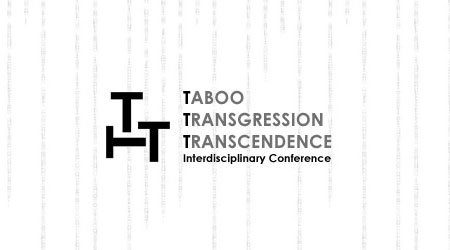The application period for students starts now and lasts until January 16, 2012.
The goal of this programme is that students acquire skills to critically study the role of digital media in society. Students study the economic, political, cultural, social and practical impacts of digital media. This programme focuses on teaching theoretical, empirical, ethical, critical and practical skills for studying digital media in the information society.
European Union students do not pay fees for studying in Sweden.
Uppsala University is among the 100 best universities in the world (Times Higher Education University Ranking 2011: #87). Every year 45,000 undergraduate and graduate students enroll for classes. Uppsala University offers some 30 international master programmes and 300 single-subject courses taught in English. It is the oldest university in the Nordic countries - founded in 1477.
Programme
The programme consists of one semester of advanced core courses (30 credits) that focus on theoretical knowledge, empirical skills and ethical reasoning required for understanding and analyzing digital media and society. 30 credits (= 4 courses, one semester study time) is made up of basic social science skills courses that are taught together with the other specialties in the Social Science Master. Another 30 credits are elective courses that the students choose from various courses taught at Uppsala University. Also an internship at a company or a research internship at a university department are options for the elective courses. The master’s thesis (30 credits) is the final stage in the programme.
The four core courses are:
- Introduction to Information Society Studies (semester 1)
- Internet, Social Media and Society (semester 1)
- Cyberculture and Politics (semester 2)
- Organizations and Communication in Global Society (semester 2)
The four skills courses are:
- Quantitative Methods
- Qualitative Methods
- Science Theory and Methodology
- Social Science Methods and Research Design
Further information for students:
Application
All applicants need to verify English language profiency. This is normally attested by an internationally recognised test such as TOEFL or IELTS.
Eligibility
Bachelor’s degree equivalent to a Swedish degree of at least 180 ECTS credits (i.e. three years of full-time studies), including at least 90 ECTS credits of studies in social sciences or a comparable field that qualifies for studies on the specilisation in Digital Media & Society.
Selection and Application Letter
Selection will be based on previous academic studies and degrees with emphasis on grades in relevant fields and degree project (if any), a summary in English (1–2 pages) of a previous degree project (if any), and a statement of intent (3–5 pages).
Students should accompany their application with a statement of intent, in which they engage with each of the following questions:
- Please describe the undergraduate (bachelor) studies that you completed.
- What were your favourite topics, main interests, favourite courses in your undergraduate (bachelor) studies and why?
- Why are you interested in studying in the master’s programme focusing on Digital Media & Society?
- What do you expect to learn studying Digital Media & Society?
- What qualifies you for studying in the field of Digital Media & Society?
- What are your future plans and goals after you have finished your studies and how can a social science master’s degree focusing on DigitalMedia & Society support you in achieving your goals?
- Why do you want to study in Sweden and at Uppsala University’s Department of Informatics and Media?
Contact
Department of Informatics and Media
Uppsala University
http://www.im.uu.se
Director of Studies Göran Svensson
goran.svensson@im.uu.se
Tel +46-18-4711514
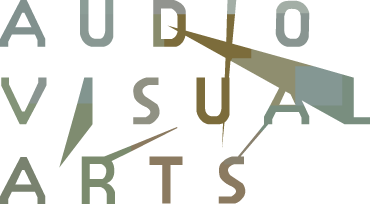


 Σχέδιο Δράσης για την Έμφυλη Ισότητα 2025-2027
Σχέδιο Δράσης για την Έμφυλη Ισότητα 2025-2027